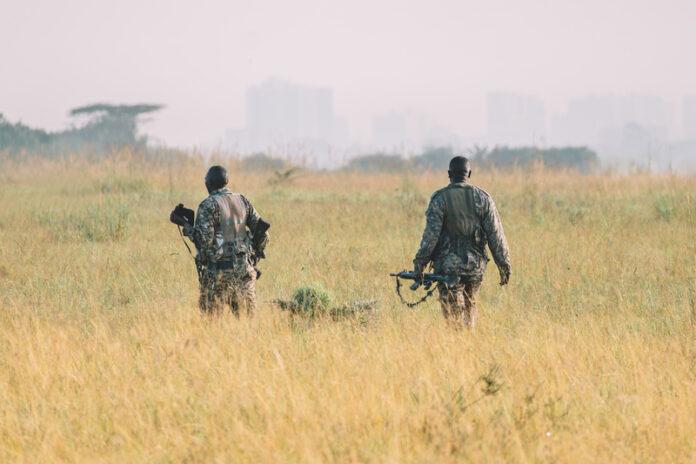In the early hours of Monday morning, April 29, 2024, the quiet town of El Wak in Mandera County, northern Kenya, was jolted by a deadly explosion. A bomb concealed on a donkey cart detonated near the border with Somalia, claiming the lives of five individuals and injuring five others.
The responsibility for the attack, which left the community in shock and mourning, has yet to be claimed by any group. However, the method and location of the bombing point to the possible involvement of al-Shabab militants. This extremist group, affiliated with al-Qaida, has a history of launching attacks in the area, often targeting remote Kenyan counties like Mandera and Garissa.
The IED (Improvised Explosive Device) was strategically placed on the donkey cart, a method chosen likely to avoid detection by security forces. This chilling detail not only highlights the cunning tactics employed by these militants but also underscores the vulnerability of communities in these remote regions.
The impact of the blast was devastating. The local hospital, still recovering from a previous scare earlier this month where gunmen injured guards and inquired about doctors, was thrust into emergency mode, dealing with casualties and the chaos brought by the attack.
One of the victims, tragically, was preparing for a significant life event. “He was set to wed this month,” revealed a close relative of one of the deceased, his voice breaking with emotion. This poignant detail brings to light the personal tragedies and disrupted lives behind the impersonal numbers reported in the aftermath of such attacks.
Interior Minister Kithure Kindiki, addressing the press, expressed his deep sorrow over the loss and reiterated the government’s commitment to enhancing security measures in these border regions. “Our hearts go out to the families of the victims. We are doing everything we can to ensure that our people are safe from these heinous acts,” he stated.
Al-Shabab’s ongoing threats and actions in the region are often seen as retaliatory measures against the Kenyan military’s involvement in Somalia, part of a multinational effort to stabilize the Horn of Africa nation after decades of conflict. The looming end of the African Union Transition Mission in Somalia this December adds a layer of urgency to the situation, with Somali forces soon to take full responsibility for their national security.
This incident serves as a grim reminder of the ongoing challenges faced by border communities in Kenya, highlighting the delicate balance between vigilance and normalcy in regions haunted by the threat of terrorism.

